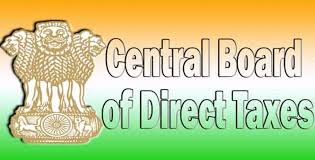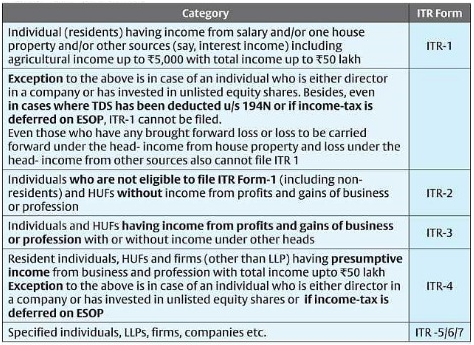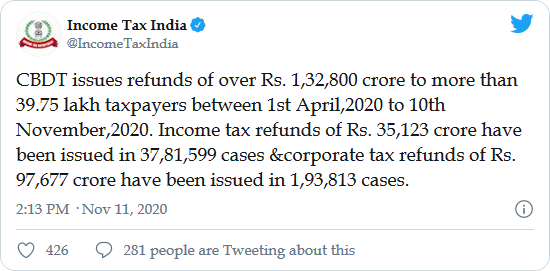
The tax department has launched the much-awaited new portal of filing income tax return (ITR) — www.incometax.gov.in — on Monday night.
The new e-filing portal (www.incometax.gov.in) is aimed at providing taxpayer convenience and a modern, seamless experience to taxpayers;
New taxpayer friendly portal integrated with immediate processing of Income Tax Returns(ITRs) to issue quick refunds to taxpayers;
All interactions and uploads or pending actions will be displayed on a single dashboard for follow-up action by taxpayer;
Free of cost ITR preparation software available online and offline with interactive questions to help taxpayers fill ITR even without any tax knowledge, with pre-filling, for minimizing data entry effort;
New call center for taxpayer assistance for immediate answers to taxpayer queries with FAQs, Tutorials, Videos and chatbot/live agent;
All key portal functions on desktop will be available on Mobile App which will be enabled subsequently for full anytime access on mobile network;
New online tax payment system on new portal will be enabled subsequently with multiple new payment options using net-banking, UPI, Credit Card and RTGS/NEFT from any account of taxpayer in any bank, for easy payment of taxes.
From pre-filled income tax return forms to quick refunds — the new portal has a tons of features to make your tax filing journey easy and convenient. The aim is to provide a “modern and seamless experience to taxpayers”.
The initiative of the Income Tax department to make the tax portal tax payer friendly and more easy to navigate is applaudable. The videos, FAQ and various tutorials and the ITR preparation software to ease the discomfort of new tax payers who may not be computer savvy is a good start. While its early to comment on the ease of use for which one needs to access the portal, the portal does indicate issuance of quicker tax return processing and faster refunds, which is a welcome step.
The latest features of the new income tax filing portal www.incometax.gov.in are listed below:
1) The new portal will process the the income tax returns immediately, said the Central Board of Direct Taxes. This will help the taxpayers to get the quick refunds of their income tax returns.
2) There will be a single dashboard for all the interactions and pending return. The taxpayers can easily see all their interactions together in a place. This will make following up of pending notices easier and convenient.
3) The taxpayers will get a free interactive software which will guide them to file ITR forms. Now, ITRs 1, 4 (online and offline) and ITR 2 (offline) will be available. “Facility for preparation of ITRs 3, 5, 6, 7 will be made available shortly,” CBDT said.
4) The option of pre-filled ITR forms will be available on the new website. “Taxpayers will be able to proactively update their profile to provide certain details of income including salary, house property, business or profession which will be used in pre-filling their ITR,” the Ministry of Finance said.
5) To answer all your queries while filing ITR forms, there will be call centre for prompt assistance. A chatbot will also be available to help the taxpayer filing their returns along with detailed manual, videos and FAQs.
6) The other functionalities for filing income tax forms, adding tax professionals, submitting responses to notices in faceless scrutiny or appeals will be available on the new e-filing portal.
7) It must be noted that the new tax payment system will be launched on June 18 after the advance tax instalment date, the ministry of finance said.
8) Given the new portal launching and advance tax payment due date falling on June 15, to avoid any inconvenience in the tax payment process to the taxpayer, this will be launched on June 18 2021. However, for all other features/functionalities, the website can be used as soon as launched. Users can still make payment through existing process and file their tax returns on the new portal.
9) “The mobile app will also be released subsequent to the initial launch of the portal, to enable taxpayers to get familiar with the various features,” it further added.
10) Taxpayers and other stakeholders will take some time to familiarize with the various features of new portal. The tax department urged all to remain patient for the initial period after the launch as it will be a major transition in the tax filing system.
Source: www.incometax.gov.in






